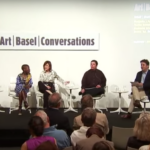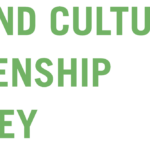
Author Archives for AndrasAdmin

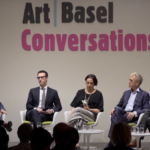
New Rules: Is the Artworld a Mature Industry?
Leave your thoughts <p>This talk addressed the rapidly changing business environment of art. Across the artworld, established but opaque ways of doing business are increasingly seen as a hindrance, not an advantage.Conversations | Art Basel, Basel, 2017</p>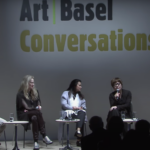
More Than Outreach, What Makes an Institution Public?
Leave your thoughts <p>As custodians of artistic heritage providing platforms for collecting, producing, studying and sharing culture, art institutions have varied roles to fullfil. Should the general public play a role in their programming, collections and outreach approach?Conversations | Art Basel, Hong Kong, 2017 </p>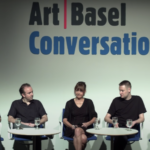
Disruption: Has Technology Really Changed the Artworld?
Leave your thoughts <p>Technology has had a profound effect on every walk of life. Compared to other fields, digital disruption in cultural institutions and markets is still in its infancy. What will transformative disruption in the artworld look like? Conversations | Art Basel, Miami Beach, 2016 |</p>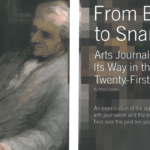
Arts Journalism in the Twenty-First Century
Leave your thoughts <p>“If you count words and bytes, arts journalism, including criticism, has proved remarkably resilient in the digital age, but it is lacking a sense of purpose and urgency that previous cohorts of arts writers had understood to anchor their endeavor.” Clark Journal | 2016 | </p>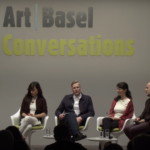
Cultural Institutions Respond to Migration
Leave your thoughts <p>Recent years have seen a mounting refugee crisis. The crisis poses a challenge of almost unprecedented magnitude to institutions of all kinds – including cultural institutions. How are artists, art schools, art groups, and museums responding to this challenge?Conversations | Art Basel, Basel, 2016 </p>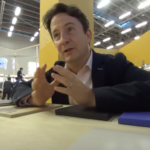
Arterial interview
Leave your thoughts <p>Listen to András Szántó’s interview with Arterial where he explains his background, the work he is doing with the Caribbean Arts Initiative, and his takes on Brazilian art.</p>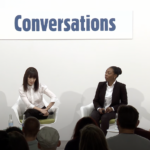
Art Basel Conversations | Institutions for Time-based Art
Leave your thoughts <p>Recent years have seen an explosion of interest in performance practice, receiving wide international exposure at museums, festivals, biennales, and increasingly, in the commercial sphere. This panel of leading voices in the field will assess the evolution of performance and debate the way forward. Despite the growing recognition for performance, questions loom: How can performance connect more deeply to other forms of artistic practice? What are the commercial underpinnings of the art form? What obstacles are faced when presenting and promoting performative work? Panel participants: RoseLee Goldberg, Founding Director and Curator of Performa, New York; Otobong Nkanga, Artist, Antwerp/Berlin; Catherine Wood, Curator of Contemporary Art and Performance at Tate Modern, London Moderator: Andras Szanto, Author and Cultural Consultant, New York</p>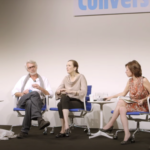
Museums Go Global
Leave your thoughts <p>Expanding the collecting and exhibiting mandates of museums is accompanied by a host of unanswered questions. Drawing on recent experiences with global initiatives and collaborations, this panel of leading curators and museum directors will explore the benefits and pitfalls of going global.</p>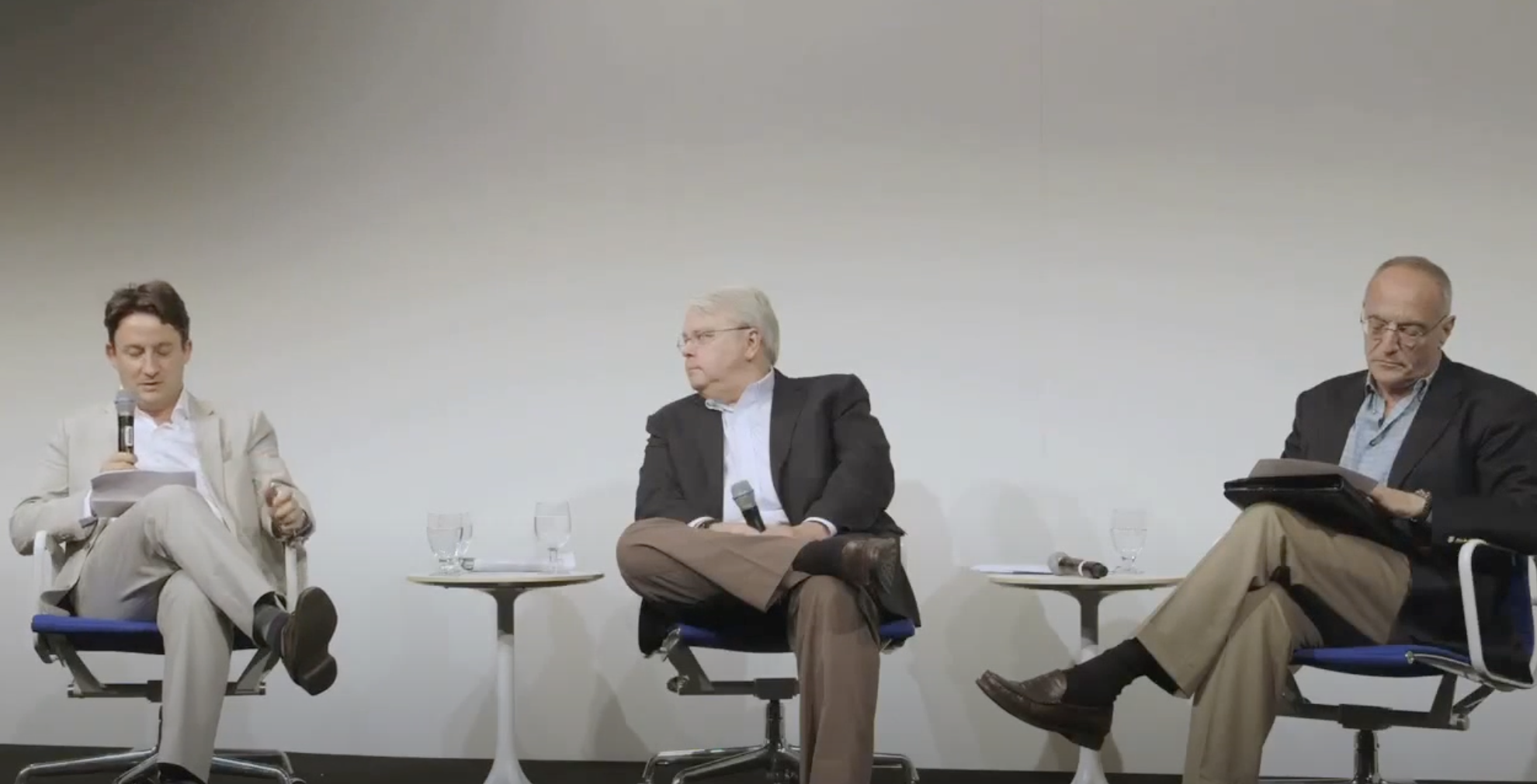
Bankrupt Cities. Endangered Museums |Art Basel Conversations |
Leave your thoughts <p>Dennis Scholl, Collector and Vice President/Arts, Knight Foundation, Miami; Stephen K. Urice, Professor of Law, University of Miami School of Law, Miami Moderator: Andras Szanto, Author and Cultural Consultant, New York</p>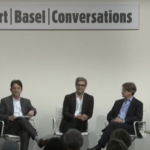
Rethinking the Encyclopedic Museum
Leave your thoughts <p>This panel discussed how museums are moving away from traditional encyclopedic approaches to new models. The conversation confirmed the importance of art institutions adapting to the changing scene.Conversations | Art Basel, Miami Beach, 2013 | </p>